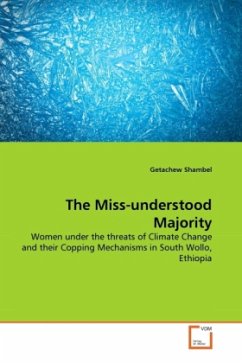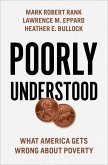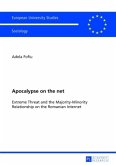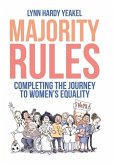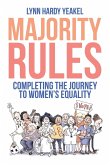In many contexts, women are more vulnerable to the effects of climate change than men primarily as they constitute the majority of the world's poor and are more dependent for their livelihood on natural resources. Women also face social, economic and political barriers limiting their copping capacity. Charged with the responsibility to secure water, food and fuel for cooking face the greatest challenges. Secondly, when coupled with unequal access to resources and decision-making and limited mobility, they disproportionately affected by climate change. However, it is important to remember that women are not only vulnerable to climate change but they are also effective actors of change in relation to both mitigation and adaptation. They have a strong body of knowledge and expertise that can be used in climate change mitigation, disaster reduction and adaptation strategies. This book, therefore, aims at identifying the gender impact of climate change on women's life and women's rolein environmental management and natural resource protection and their special adaptation and mitigation measures.
Bitte wählen Sie Ihr Anliegen aus.
Rechnungen
Retourenschein anfordern
Bestellstatus
Storno

